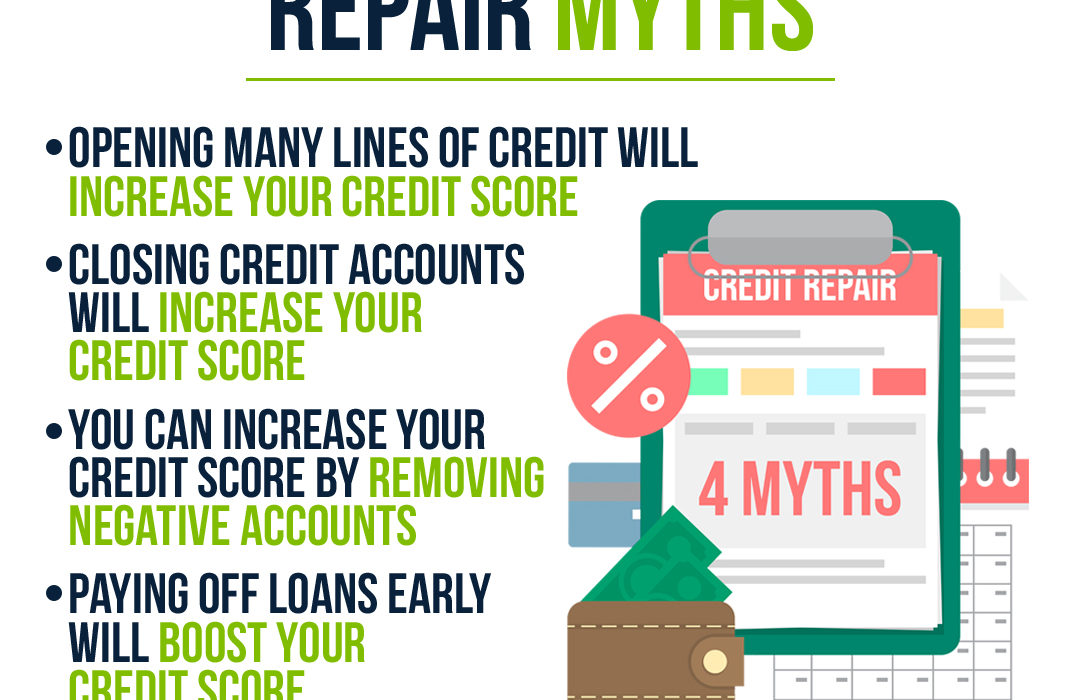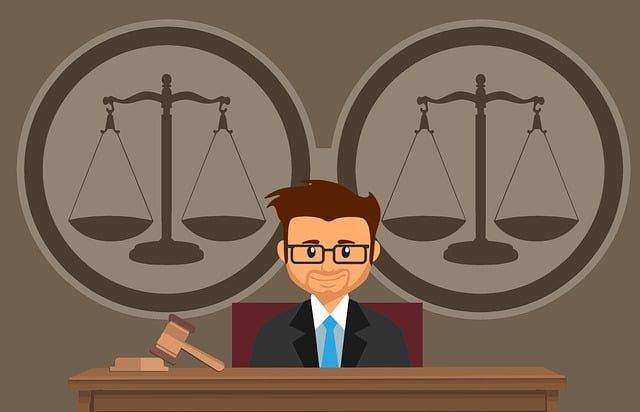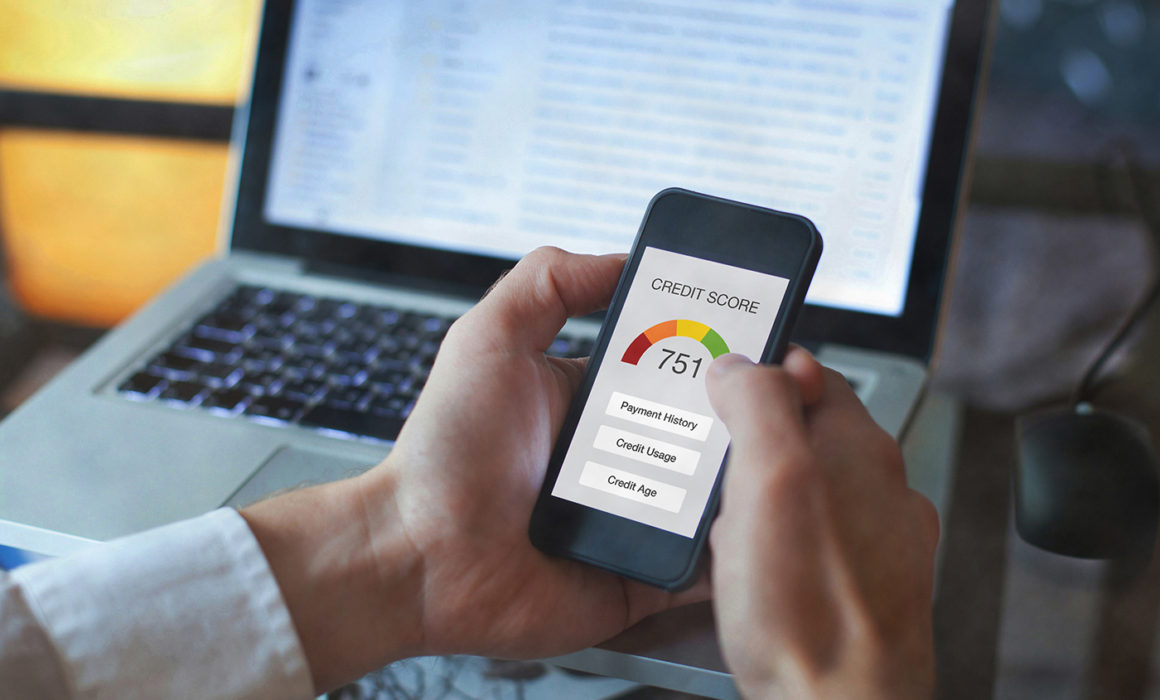In the realm of financial wellness, the journey toward repairing credit is often marked by twists and turns, obstacles, and triumphs. It’s a path where guidance and expertise can make all the difference. That’s why I’m thrilled to extend a heartfelt thank you to Expertise.com for recognizing the dedication and effectiveness of our credit repair efforts with their prestigious award.
Being acknowledged as the best credit repair company by Expertise.com is an honor that fills us with immense pride and gratitude. It reaffirms our commitment to our clients and underscores the tireless efforts of our team in helping individuals navigate the complexities of credit repair with confidence and success.
At our core, we believe in the power of financial empowerment. We understand that a healthy credit score is not just a number; it’s a gateway to financial stability and opportunity. Whether our clients are striving to qualify for a mortgage, secure a personal loan, or simply regain control of their financial futures, we stand by them every step of the way.
Receiving the Expertise.com award serves as validation of our customer-centric approach and the effectiveness of our strategies. It’s a testament to the trust our clients place in us and the tangible results we deliver. From personalized credit assessments to tailored action plans, we strive to empower individuals with the knowledge and tools they need to reclaim their financial independence.
In addition to expressing our gratitude to Expertise.com, we also want to extend a heartfelt thank you to our clients. Your trust and support fuel our passion for what we do, and we are honored to be a part of your journey toward financial well-being.
As we reflect on this accolade from Expertise.com, we are reminded of the profound impact that expert guidance and unwavering dedication can have on transforming lives. We are committed to continuing our mission of empowering individuals to take control of their financial destinies, one credit score at a time. Thank you, Expertise.com, for recognizing our efforts, and thank you to our clients for inspiring us to reach new heights. Together, we’ll continue to make strides toward a brighter financial future for all.








Recent Comments